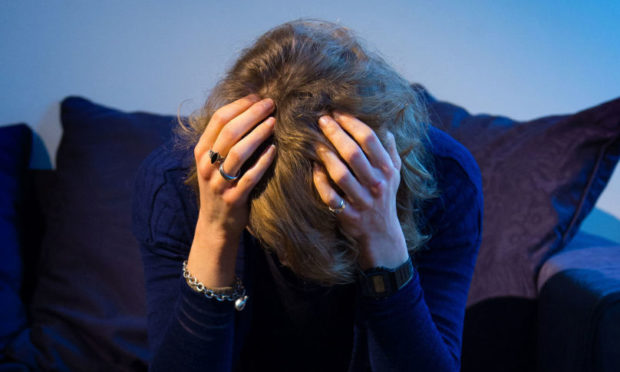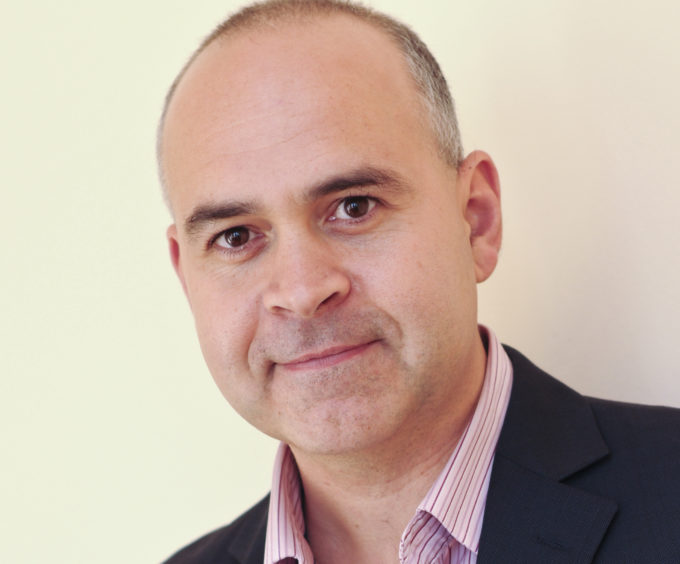Can you believe it is already November?
Cliched as it may sound – this year has flown by for some of us.
However, for those struggling with their mental health, 2020 may have felt like a long, hard slog.
As the nights start drawing in, there is another challenge in store for some.
SAD – Seasonal Affective Disorder – more commonly known as the winter blues makes these shorter days hard to deal with for some. But it is not all bad news.
Let’s start by looking at why some of us feel down during the winter months. To the best of our knowledge SAD is directly related to the lack of light we experience during the winter months.
Shorter days mean many of us leave our homes before the sun rises and return after it has set.
SAD sufferers often find their energy levels drop, their eating and sleeping patterns change, and their mood is generally low.
All of those symptoms tend to wear off during spring and summer months.
The effects of SAD can be further complicated by other mental health struggles such as anxiety and depression.
This year, it would be fair to say that most of us have experienced challenging times when it comes to dealing with uncertainty, stress and anxiety.
Will the change of seasons further complicate those? It doesn’t have to.
One side effect of having to deal with the coronavirus and its consequences for our daily lives has been a greater awareness of mental health concerns.
This has gone hand in hand with a greater willingness to talk about our emotions and a breakdown in the stigma attached to those.
In addition, all of us have had to develop coping mechanisms that have allowed us to deal with lockdowns, easing of lockdowns and, most of all, the continued uncertainty over whether we are doing the right thing for our families, friends and livelihoods.
Now is the time to add to our toolbox of coping mechanisms.
As SAD is thought to be directly related to a lack of natural sunlight, making time to be outdoors during daylight hours is one way of dealing with the darker days. If you need to isolate, consider light therapy.
This doesn’t have to be complicated or expensive. In fact, as little as 30 minutes per day spent sitting by a specialised lamp called a light box can make a big difference to your mood, energy levels and appetite.
Try to stay active. Outdoor exercise may not appear to be tempting at this time of the year but getting out in colder weather can leave you feeling energized and invigorated.
As much as you may be craving comfort foods, keep an eye on your diet. A balanced, healthy diet is a big help when it comes to dealing with low mood.
Having said that, treating yourself from time to time is perfectly fine – and the odd small treat containing antioxidents which are known to lift our mood, such as dark chocolate, will definitely help.
Last, but not least, talk to your friends and family about how you feel – it’s likely they may also have similar struggles – a problem shared….
Whilst social distancing restrictions are changing and may limit our ability to mingle with all of our friends, meeting just one other person outdoors or chatting online is still permitted, so make use of this and schedule a regular time to talk or meet with others.
Winter webinars
The team at First Psychology Scotland Aberdeen is launching a series of free lunchtime winter webinars to help Scots deal with the darker months and preparing for a very different Christmas.
Starting tomorrow, the team will present 30-minute webinars between 12 and 12.30pm.
The webinars offer concrete strategies as well as coping mechanisms people can easily integrate into their daily lives.
They are accessible and free to anyone who feels they may benefit.
Register via the Aberdeen First Psychology website – Winter Webinar page to take part.











